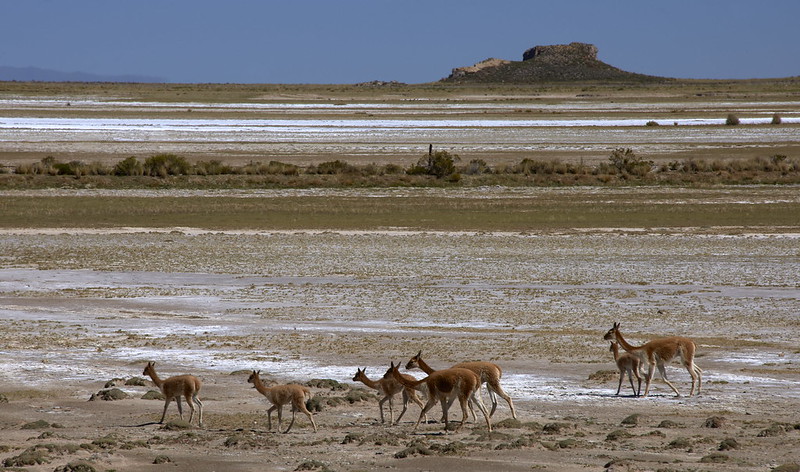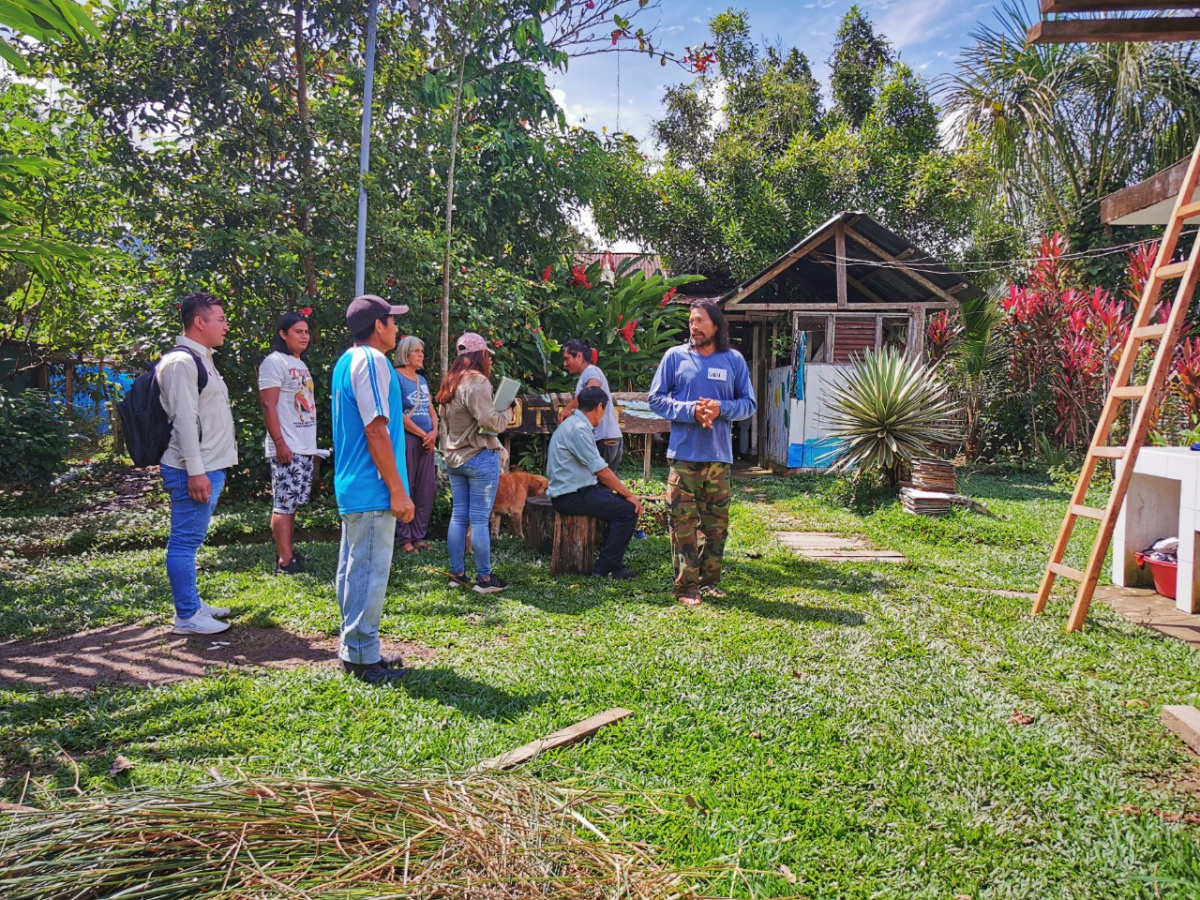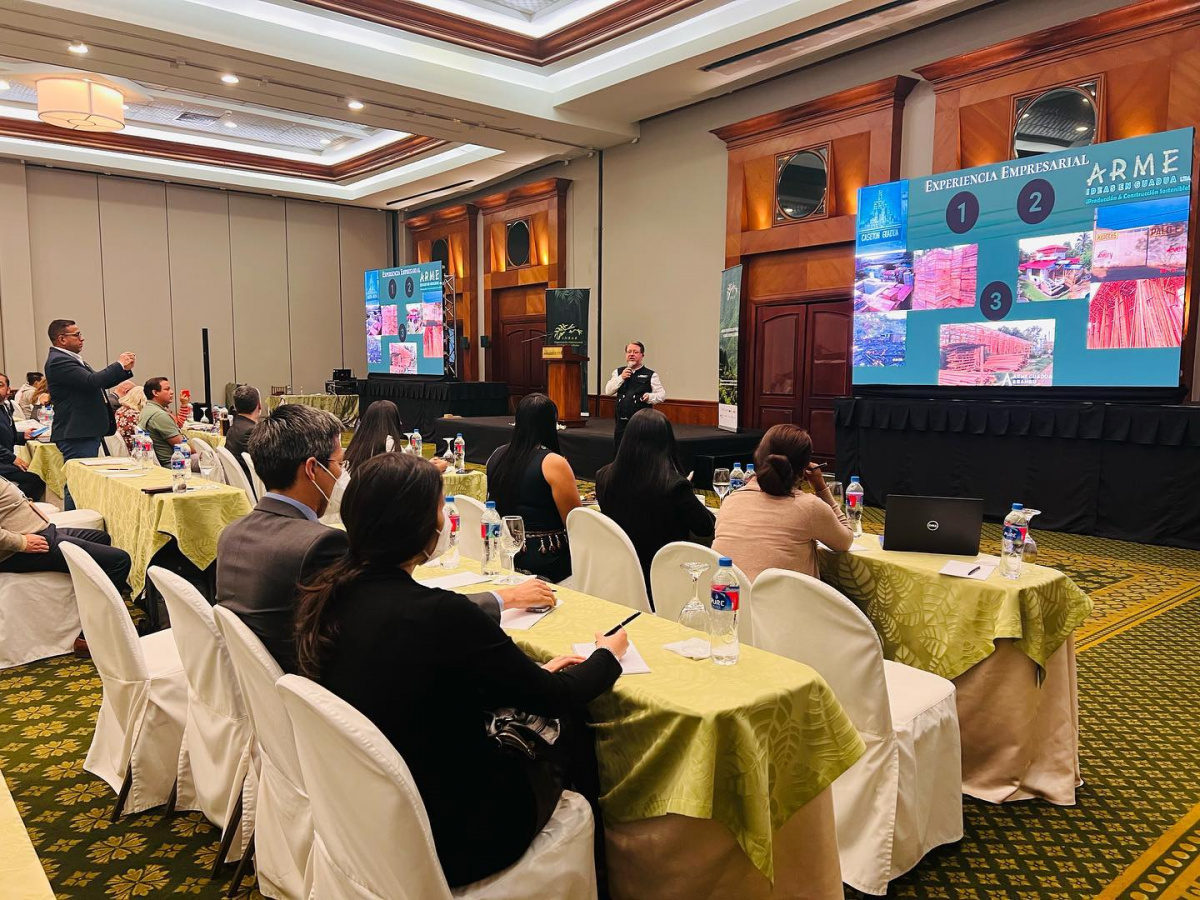IUCN applauds WTO Trade Ministers’ decision on fishing subsidies
IUCN welcomes with relief and gratitude the negotiated decisions on fishing subsidies made yesterday by the world’s Trade Ministers at the World Trade Organisation’s (WTO) MC12 Trade Ministers’ forum.

Photo: Quang Nguyen Dang, Pixabay
Fisheries and marine resources support many millions of people. Some of these are among the world’s poorest, relying on the ocean for food as well as income. The result of more than two decades of negotiations and work, the WTO Geneva Package marks a crucial step in moving the world’s marine resources towards long-term sustainability, and in making multilateral efforts to address subsidies that harm the natural environment and the well-being of vulnerable communities.
Among the vital ripples of sustainable consequence which should spread from the Geneva Package are:
- The end of national subsidies for any fishing operations supporting or participating in Illegal, Unreported and Unregulated (IUU) fishing
- Stopping national subsidies for fish stocks that are overfished, and requiring reports on the status of all stock fished
- Prohibiting national subsidies for fishing on the high seas anywhere not managed by regional fishing management bodies
- Making provisions for developing countries, to assist them in migrating to the requirements of the new treaty.
A decision after two decades of negotiations
Fisheries negotiations at the WTO began in 2001. In recent years momentum gathered, especially after the adoption by UN member states of SDG14 on ocean sustainability, as well as large-scale civil society campaigns.
I started my career working towards putting an end to harmful fisheries subsidies in 2004, so after nearly twenty years it is marvellous to finally see this decision taken, by government ministers not normally associated with the environment. This just underlines the fact that we are all linked in the work of keeping our world sustainable. It also shows the important role the WTO holds, led by Dr Ngozi Okonjo Iweala, because trade is clearly part of the solution. We are looking forward to WTO MC13 to further solidify the implementation of the agreement and truly put an end to harmful fishing subsidies, including in the seafood processing industry."
Minna Epps, Head of IUCN Ocean Team
IUCN acknowledges the tremendous leadership of WTO Director-General Ngozi Okonjo-Iweala and Ambassador and Permanent Representative of Colombia to the WTO, Santiago Wills, along with the Trade Minister Members of the WTO who voted for this decision.
We equally applaud the tireless efforts of many dedicated, unheralded people over those two decades. Firstly, those who brought the science to the attention of the UN bodies and governments of the world. Secondly, those who provided support for UN bodies and governments to continue working towards this decision. And lastly, those (in particular those in civil society) who brought the issue to the attention of the governments, public and non-specialists for whom the massively important, global issue of fishing subsidies may otherwise have been “somebody else’s problem”. These include campaigns such as the Stop Funding Overfishing coalition, which IUCN supports.
2022 is a major year for the ocean and SDG14.
IUCN is hopeful that this agreement will give a major boost to world governments and international bodies to keep momentum for SGD14 on the cusp of the UN Ocean Conference starting later this month, as well as for the UN CBD COP15, in Kunming, China, and the International Marine Protected Areas Conference (IMPAC5) in Vancouver, Canada, in February 2023.
Another major global commons decision regarding our oceans, the decision on deep-sea mining (DSM), already looms large. We encourage all stakeholders and decision-makers in the International Seabed Authority (ISA) to support a moratorium or rejection of DSM, enabling scientists to analyse the environment as well as the effects of DSM and any related proposals.
More information
Actual WTO agreement on fishing subsidies page



